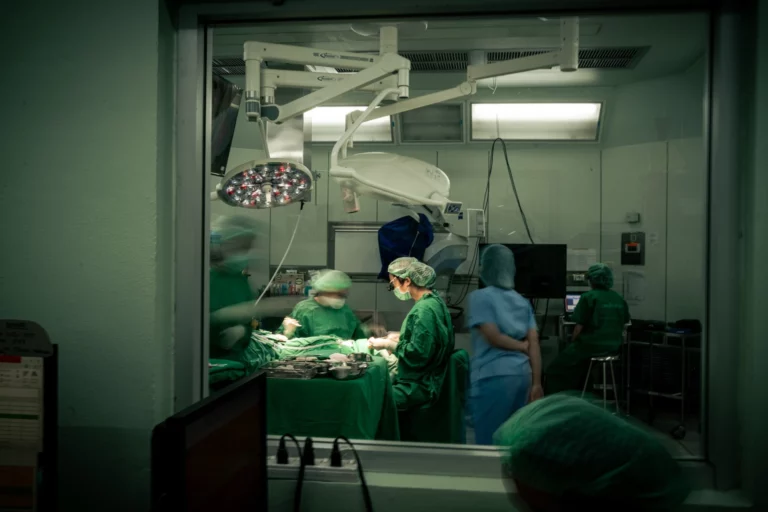Preoperative Guidelines and List of Medications and Substances to Discontinue Before Eyelid, Orbital, or Tear Duct Surgery
Patients who are taking blood-thinning medications such as aspirin should discontinue use at least 7 days before surgery, or follow their physician’s instructions. In addition, dietary supplements or vitamins should be stopped approximately 2 weeks prior to surgery to minimize the risk of bleeding and excessive bruising after the procedure
1. Foods high in saturated fatty acids
such as canola oil or safflower oil, as well as dietary supplements rich in fatty acids, including cod liver oil, evening primrose oil, or flaxseed oil.
2. Vitamins, particularly multivitamins, vitamin C, and vitamin E.
3. Herbal supplements and dietary supplements, particularly those listed below.
- Gooseberry
- Danshen
- Dong quai
- Garlic
- Ginkgo
- Ginseng
- Ginger
- Aniseed, Fennel seed
- Asafetida
- Capsicum
- Licorice
- Alfafa (Medicago sativa)
- Chamomile (Matricaria chamomilla)
- Fenugreek (Trigonella foenum-graecum)
- Dandelion (Taraxacum officinale)
- Lingzhi Mushroom (Reishi Mushroom)
- Cordyceps
- Saw palmetto
- Glucosamine
- Traditional Thai Herbal Medicine (Ya Hom)
- Melatonin
- Tumeric
- Sea buckthorn
- Milk Thistle
- Alcohol / Liquor
- Collagen
Eyelid surgery is considered a minor procedure and does not require hospitalization. Patients can undergo the surgery on an outpatient basis and return home immediately after the procedure. Typically, surgery takes about 20–30 minutes per eye, or approximately 40–60 minutes for both eyes.
After the procedure, sutures will be placed along the incision line, and a thin layer of antibiotic ointment is applied. No plaster or gauze dressing is needed directly on the wound. Patients are usually able to open their eyes and use their vision immediately following the surgery.
Orbital and lacrimal duct surgeries typically require general anesthesia. For this reason, patients are usually admitted to the hospital for at least one night after the procedure to allow for close monitoring before being safely discharged home.




